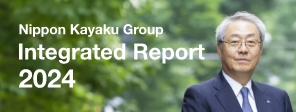Privacy Preference Center
Your Privacy
Information may be obtained or stored in your browser by cookies when you access the Website. This information is related to the user, the user settings or device. It is primarily used to ensure the site functions as expected by the user. We respect your right to privacy. Therefore, you can select to not allow some types of cookie. Please click on the different category headings to check the details and then change our default settings.
Strictly Necessary Cookies
Strictly Necessary Cookies are cookies that are essential for this site to function properly. Strictly Necessary Cookies do not store information that can identify individuals. Strictly Necessary Cookies are used to view this site. Therefore, you cannot refuse the use of Strictly Necessary Cookies from these cookie settings. However, you can refuse the use of Strictly Necessary Cookies from the settings of your browser at any time. Please note that parts of the site may not function if you refuse the use of Strictly Necessary Cookies.
This site uses the following Strictly Necessary Cookies.
Cookie name: gdprCookieEn
- Purpose:To control the display for the confirmation of cookies on this site
- Term of validity:1 year
Cookie name: optGA
- Purpose:To opt out/opt in of (disable/enable) Google Analytics
- Term of validity:1 year
Cookie name: optPardot
- Purpose:To opt out/opt in of (disable/enable) Pardot
- Term of validity:1 year




